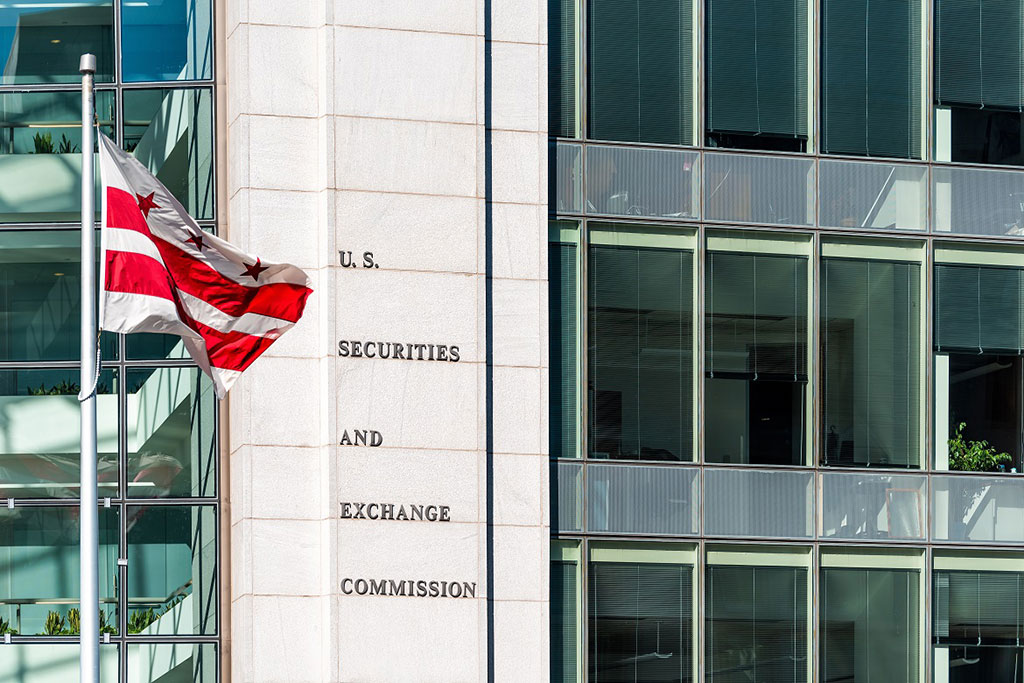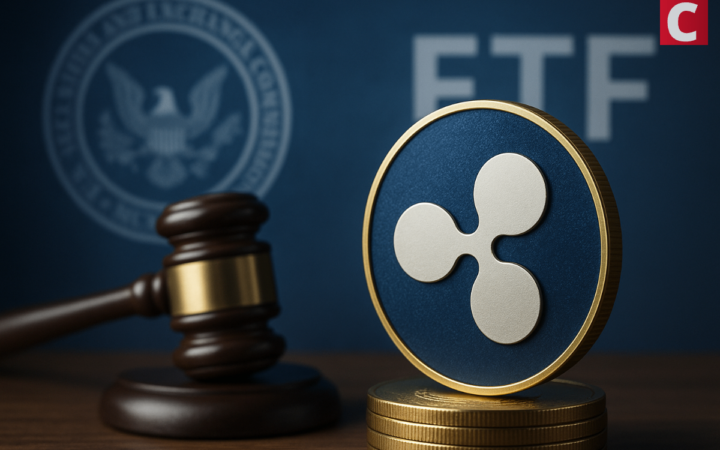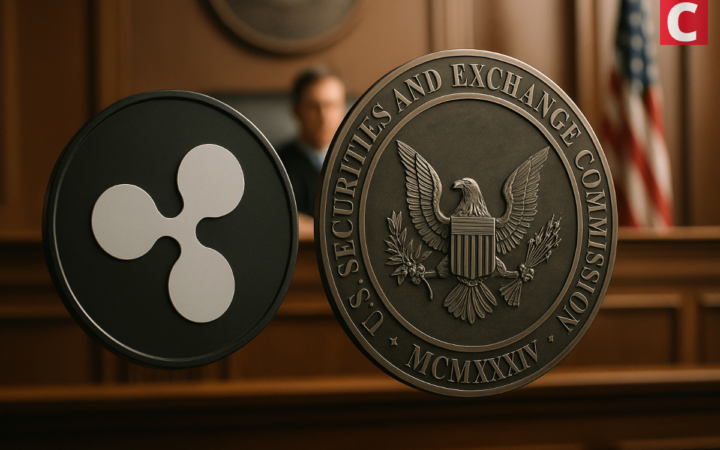
With over 3 years of crypto writing experience, Bena strives to make crypto, blockchain, Web3, and fintech accessible to all. Beyond cryptocurrencies, Bena also enjoys reading books in her spare time.
Nate Geraci, president of ETF Store, said the SEC simply doesn’t want to allow regulated financial institutions to custody crypto.
 Edited by Julia Sakovich
Updated
2 mins read
Edited by Julia Sakovich
Updated
2 mins read

The US Securities and Exchange Commission (SEC) has reinforced its firm approach to crypto custody rules for banks. On September 9, 2024, SEC Chief Accountant Paul Munter clarified that the agency’s stance, described in Staff Accounting Bulletin No. 121 (SAB 121), remains the same, raising concerns within the banking industry.
Munter pointed out that banks holding crypto assets for customers must list these assets as liabilities on their balance sheets unless there are clear exceptions. The SEC’s position, as outlined in SAB 121, has not shifted. This rule, first introduced in March 2022, continues to stir political debate.
One of the most notable reactions came from Nate Geraci, president of ETF Store, who posted on X (formerly Twitter) on Sept. 10, 2024, saying:
“They simply don’t want to provide regulated financial institutions with the ability to custody crypto.”
SEC Commissioner Hester Peirce, a vocal critic of the rule, echoed these concerns on X, expressing that she still has reservations about the substance and process of SAB 121. Meanwhile, the US House of Representatives voted in May to overturn this SEC guidance, but President Biden vetoed the repeal in June 2024, ensuring the rule’s continuity.
SEC staff doubles down on SAB 121, but also provides some fact patterns that it views as not covered by SAB 121. I continue to be concerned about the SAB 121 substance & process, but welcome your thoughts ([email protected]): https://t.co/cIwUc0isUE | Remarks before the…
— Hester Peirce (@HesterPeirce) September 9, 2024
The SEC’s stance significantly impacts financial institutions considering offering crypto custody services. While some exceptions exist, such as for broker-dealers who don’t control the cryptographic keys or bank holding companies with bankruptcy protections, the rule imposes notable regulatory challenges.
The SEC’s firm approach stems from the perceived risks associated with safeguarding cryptographic keys. Under SAB 121, assets held in custody by banks must be listed as both assets and liabilities, which creates substantial balance sheet implications, particularly for banks. This regulation sharply contrasts with the handling of conventional assets, which do not require such accounting adjustments.
Despite efforts by various political and financial groups to challenge this rule, it remains a key regulatory hurdle for banks hoping to engage in crypto-related services. The SEC’s cautious approach may have ripple effects on the larger financial industry, potentially discouraging traditional institutions from fully embracing digital assets under their custodianship.
In the months ahead, further political pressure could mount as the banking industry continues to seek adjustments or reversals of the SEC’s strict crypto custody guidelines. However, for now, the agency remains “dug in”, with no immediate signs of policy change.
Disclaimer: Coinspeaker is committed to providing unbiased and transparent reporting. This article aims to deliver accurate and timely information but should not be taken as financial or investment advice. Since market conditions can change rapidly, we encourage you to verify information on your own and consult with a professional before making any decisions based on this content.

With over 3 years of crypto writing experience, Bena strives to make crypto, blockchain, Web3, and fintech accessible to all. Beyond cryptocurrencies, Bena also enjoys reading books in her spare time.





